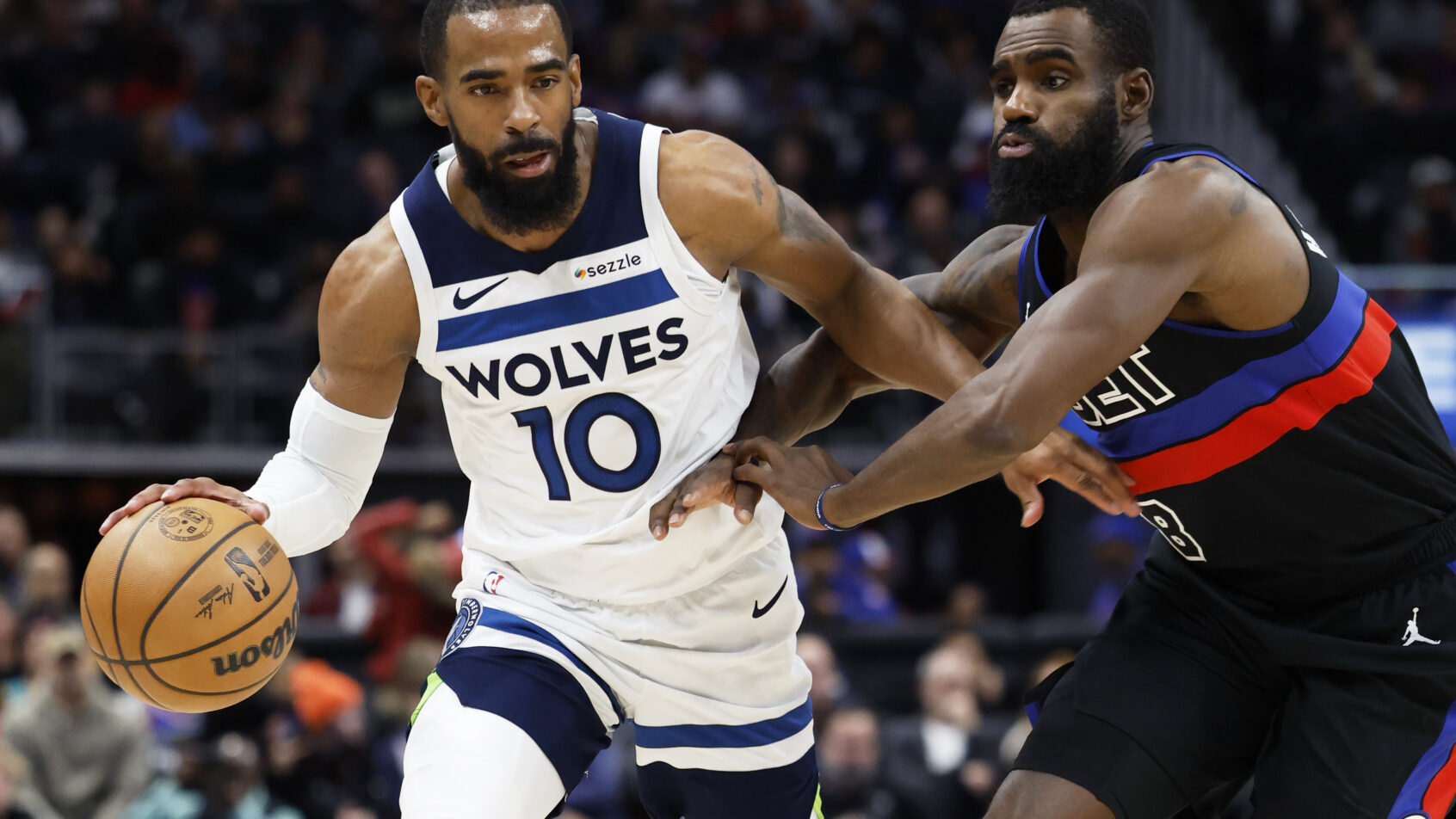Michigan Gaming Regulators Share Concerns Over Sports Event Contracts
By Robert Linnehan in Sports Betting News
Published:

- The Michigan Gaming Control Board formally submitted concerns to the CFTC regarding sports event contracts
- The gaming control board has not issued cease-and-desist letters to companies offering the markets, however
- The CFTC abruptly cancelled a planned roundtable on the issue scheduled for April 30
The Michigan Gaming Control Board has formally expressed its concerns over sports event contracts with the Commodity Futures Trading Commission (CFTC).
Michigan gaming regulators submitted comments to the CFTC in a letter addressed to Acting Chairperson Caroline Pham, in which the board asserted its opinion that the sports event prediction market is equivalent to online sports betting.
“The potential for financial harm to both consumers and government programs is real,” said Henry Williams, Executive Director of the MGCB. “Any erosion of the legal, regulated sports betting market undermines the very safeguards we have in place to protect Michiganders.”
Concerns Submitted to CFTC
The Michigan Gaming Control Board today submitted its comments to the CFTC, asserting that online sports betting may only be offered by a licensed sports betting operator within the state.
“To the extent CFTC-regulated entities and the sporting event contracts offered thereby do not meet the minimum standards of this framework, the MGCB believes there is an elevated risk of harm to Michigan citizens, their personal information, and their funds,” Williams wrote in the submitted comments.
The Michigan Gaming Control Board expressed concerns that standard responsible gaming requirements, consumer protection requirements, and event integrity requirements were not immediately evident in the sports event contract markets.
The offering of these markets does not adhere to Michigan’s licensing requirements and may not meet prescribed consumer protections, while also potentially exposing Michigan residents to unnecessary risk, Williams said.
“We are particularly concerned that such contracts are being promoted as investment opportunities, a message that directly contradicts Michigan’s responsible gaming principles,” he said.
The Michigan Gaming Control Board submitted its comments to the CFTC despite the fact that the commission recently cancelled its April 30 roundtable on the sports event prediction markets. The CFTC did not provide a reason for the cancellation or an update on when, or if, it will be rescheduled.
Despite concerns over sports event contracts, Michigan gaming regulators have not taken any formal action against companies offering the markets. Michigan is not among the six states that have sent cease-and-desist notices to companies offering the sports prediction markets within their boundaries.
Kalshi Files Three Lawsuits
Michigan regulators may be wary of sending official cease-and-desist orders to companies offering the markets, as both Kalshi and Crypto.com have filed lawsuits against states that have done so in the past month.
In response to a number of states issuing cease-and-desist orders to Kalshi for their sports event contracts, the company filed three lawsuits against New Jersey, Nevada, and Maryland gaming regulators asserting they had no statutory power over their offerings.
Kalshi sued both Nevada and New Jersey gaming regulators in late March in response to the notices. It filed another lawsuit last week against John A. Martin, Secretary of the Maryland Lottery and Gaming Control Commission and Director of the Maryland Lottery and Gaming Control Agency.
Crypto.com recently filed its own lawsuit against Martin for the same reason in Maryland.
At the heart of the issue is the key question as to who actually regulates sports event contracts. Kalshi believes that state regulatory bodies do not have the right to intrude on the government’s “exclusive” authority to regulate prediction markets.
Kalshi has seen several early victories in its lawsuits in New Jersey and Nevada, as judges have passed motions to allow the company to continue offering its sports event contracts in both states for the duration of the lawsuit.

Regulatory Writer and Editor
Robert Linnehan covers all regulatory developments in online gambling and sports betting. He specializes in U.S. sports betting news along with casino regulation news as one of the most trusted sources in the country.



